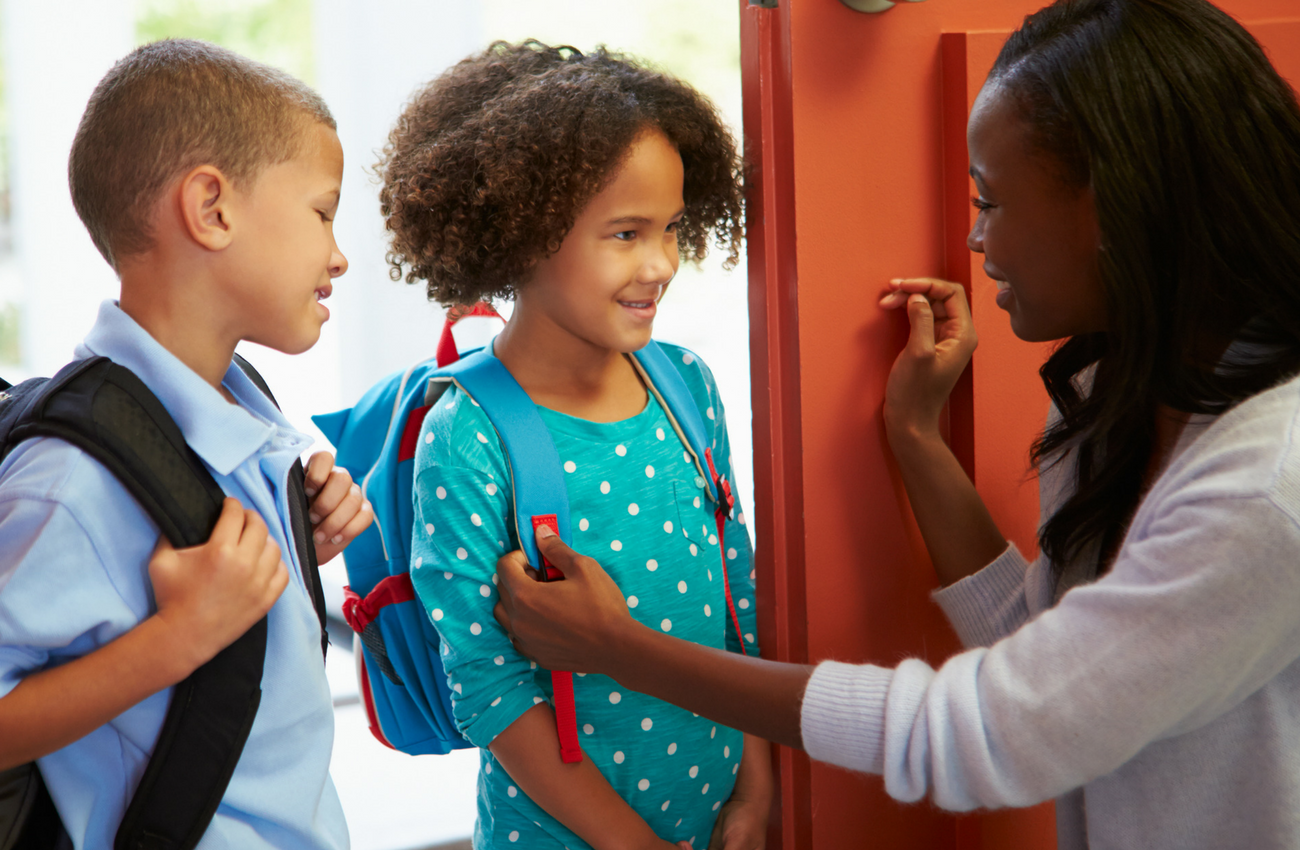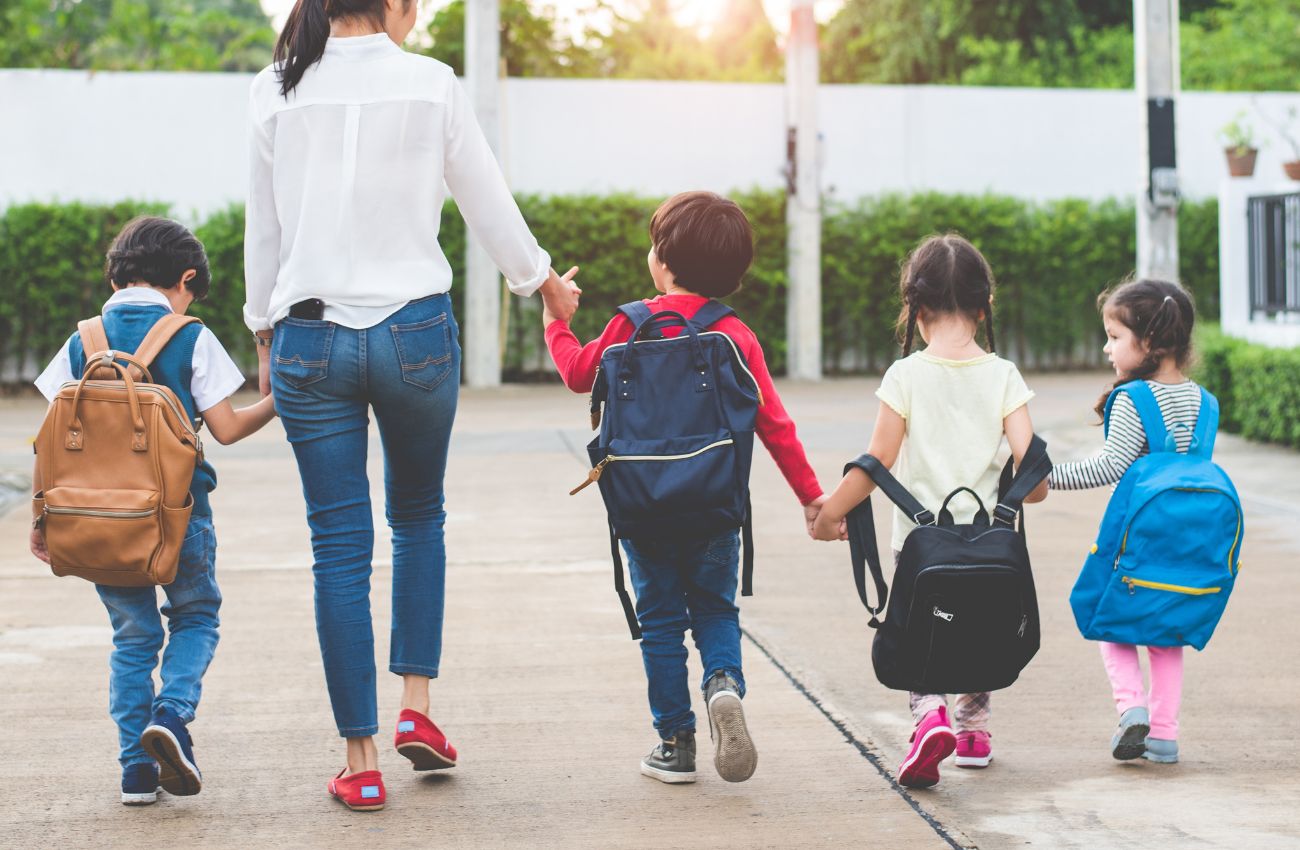New Year, New Stress: Back-to-School Anxiety
Learn how to recognize and ease back-to-school anxiety with expert advice on routines, coping strategies, and when to seek professional help.

As big yellow buses rumble through sleepy neighborhoods again, one thing is clear: the school year is starting. While this season brings excitement for many, it can also spark back-to-school anxiety for children facing new classrooms, harder subjects, and social shifts.
From worries about fitting in to concerns over supplies and expectations, the transition back to school can be overwhelming. “Kids need help understanding that their feelings are normal,” says Margot Burke, licensed psychologist and director of Milestones Psychology and Wellness in Ardmore. “Most people feel a mix of emotions during times of change.”
Making Sense of Mixed Emotions
Back-to-school is the perfect opportunity to foster emotional growth. Children can feel happy about summer, sad to leave friends, and nervous about what’s ahead — all at once. Teaching kids that it’s okay to experience more than one emotion can help them better manage stress.
To ease the transition and reduce back-to-school stress, Dr. Valerie Braunstein, founder of Philly Psychology, recommends the following before the first day:
- Prepare them for any changes ahead
- Reestablish bedtime and meal routines
- Set up playdates or meetups with classmates
- Identify trusted adults at school they can turn to for help
Back-to-School Anxiety: Coping Strategies
“Kids feel more secure when they know what to expect,” Burke explains. Visual schedules, calendar countdowns, and predictable routines help children adjust.
Creating rituals to mark the end of summer — such as a special family meal or a fun outing — gives children a sense of closure. Reflecting on how much they’ve grown or overcome can also build resilience.
Braunstein suggests highlighting your child’s past successes: “Photos, awards, or simple reminders of when they coped well can boost confidence and reduce anxiety.”
When to Seek Help
Some children may need extra support. Signs of significant school-related anxiety include:
- Persistent sadness or withdrawal
- Mood swings and irritability
- Difficulty concentrating
- Sleep issues or nightmares
- Physical symptoms like stomachaches without a medical cause
- Sudden drop in grades or social withdrawal
If these symptoms persist, talk to your pediatrician or a licensed psychologist. While back-to-school anxiety is common, early support can make all the difference.





